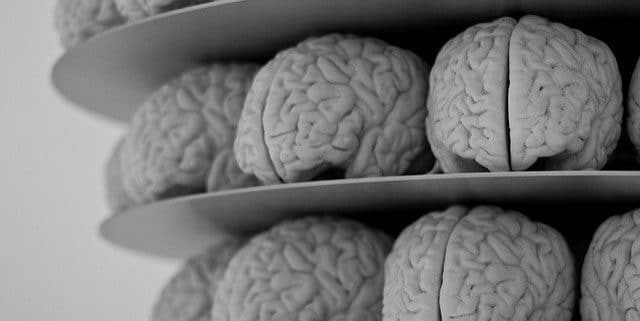Learning a new language can advance brain power in just one week
When it comes to picking up a new language many can agree that it does not come easy especially as you get older of which there are many reasons as to why you don’t pick up a language as quickly as someone who is 6 years old. Some attribute this to the way in we have been taught to learn and how we process information which is not so beneficial when trying to learn a language. Many people take to studying a new language at university level, using language translation software, migrating to a new country or for other reasons such as business or marketing use a professional translation agency to translate their documents for them.
Learning a language is not simply about memorising words and their meanings but it involves using those words in practical everyday life situations and this takes time to master especially as adults who are used to doing things in a particular way compared to children who are more free as their brains are not yet as conditioned to do things in a certain way.
Recently a study conducted at the University of Edinburgh where a sample of 76 students aged between 18 to 78 (33 of the students were participating in a one week intensive Gaelic language course and were compared with 16 other students who were taking part in a comparable course but not involving foreign language learning) showed evidence that the language learners had in fact increased their attention span. The non-language learners who were taking park in a similar intense programme did also increase their attention spans however when compared to those that did not take part in a one week learning program, results showed that the Gaelic language learners had a more significant change in their attention spans.

Image: Tulane Public Relations
Within the Gaelic language learners group a study was conducted to see whether age had an effect on performance. Having split the students into 3 groups (18-40, 41-60 and 61-78), results showed that the lower age group scored the highest in the subtests testing everyday attention. In second place was the learners aged 41-60 and in third the students aged between 61-78.
The results also showed that those that practiced 5 hours or more per week had improved performance 9 months after the initial study in comparison with students who practiced for 4 hours per week whose results were inconsistent.
Lead researcher on the study Dr. Thomas Bak stated that “I think there are three important messages from our study: firstly, it is never too late to start a novel mental activity such as learning a new language. Secondly, even a short intensive course can show beneficial effects on some cognitive functions. Thirdly, this effect can be maintained through practice”.
The full results were published in the Journal PLOS ONE.
Image source: Neil Conway
Leave a comment below. We would like to hear your take on this theory.



